Seafood exports earned 730 million USD in the first month of the year
The Import-Export Department (Ministry of Industry and Trade) cited data from the General Department of Customs, saying that it is estimated that in January 2024, Vietnam's seafood exports will reach 730 million USD, an increase of 60.8% over the same period in 2023 because January 2023 coincides with the Lunar New Year holiday.
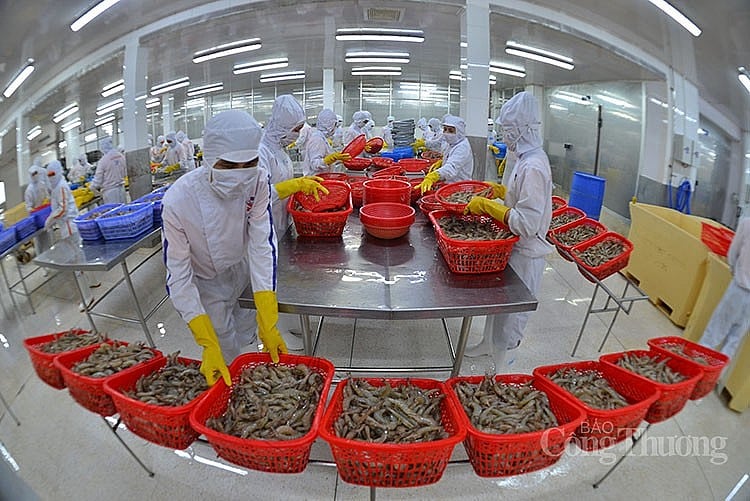 |
| Seafood exports increased by more than 60% in January 2024 |
In general, Vietnam's seafood exports have shown signs of recovery since the end of 2023 and are likely to increase again in 2024, especially in the second half of the year. In particular, exports of two key seafood products, shrimp and tra and basa fish, will recover after a sharp decline in 2023.
According to the forecast of the Vietnam Association of Seafood Exporters and Producers (VASEP), in 2024, Vietnam's shrimp exports will increase by 10-15% compared to 2023, especially in the last 6 months of the year, when inflationary pressure cools down, inventories at importers decrease, and shrimp prices increase again.
While the pangasius industry aims to strive for a farming area of 5,700 hectares, commercial pangasius output of about 1.7 million tons, and the export value of pangasius expected to reach 2 billion USD.
However, tensions in the Red Sea are causing many difficulties in the transportation of export goods in general and seafood in particular as shipping costs increase. The increased selling price to consumers will greatly affect purchasing decisions.
At a meeting to discuss solutions to remove difficulties for import-export enterprises due to the recent situation in the Red Sea, Mr. Nguyen Hoai Nam - Deputy General Secretary of the Vietnam Association of Seafood Exporters and Producers (VASEP) - said that the Red Sea tension is a matter of concern for the business community, because in addition to the impact of increasing costs, there are also accompanying consequences.
Notably, we also don’t know how long the Red Sea tensions will last, which could impact future orders or the costs that businesses need to factor into their product pricing.
In terms of the total cost of shipping a container of goods over the past month, shipping rates to the West Coast are up 70%, but those to Europe for frozen goods are up nearly fourfold. As with other industries, along with the difficulty of declining export orders, the Red Sea tensions are adding to the difficulties for the seafood industry.
“Most shipping lines are rerouting around the Cape of Good Hope, in the context that in 2023 both imports and exports will decrease by 30-40%, which means that shipping lines will cut down on mother ships. Combined with the Red Sea tensions, the transit time from Asia to Europe will be extended by 14 days, thus doubling the delay,” said Mr. Nguyen Hoai Nam.
Mr. Nguyen Hoai Nam said that the business community wants to receive more information related to the situation in the Red Sea so that they can be proactive in their production and business plans. At the same time, what export enterprises and state management agencies are most interested in is the cooperation and support of shipping lines, because this is one of the important links in import and export activities.
Shrimp exports to the US face new difficulties
In addition to the Red Sea tensions in early 2024 that caused shipping rates to the United States to increase, recently, the American Shrimp Processors Association (ASPA) - an organization representing the interests of the US wild shrimp and shrimp processing industry - filed a petition to impose anti-dumping duties on frozen shrimp imported from Ecuador and Indonesia, and anti-subsidy duties on shrimp imported from Ecuador, India, Indonesia and Vietnam.
The outcome is unclear, but Vietnam's shrimp exports to the US market will be affected in the first half of 2024.
Regarding this case, VASEP has sent a document to the Prime Minister, the Ministry of Industry and Trade, and the Ministry of Agriculture and Rural Development requesting active support in the US anti-subsidy investigation against the Vietnamese shrimp industry so that the shrimp industry can overcome the investigation stages in the coming time.
Deputy Prime Minister Le Minh Khai then requested the Ministry of Industry and Trade to coordinate with relevant agencies to consider and decide on the use of legal consulting services to represent and support the Vietnamese Government in the case of the US anti-subsidy investigation on frozen warm-water shrimp.
Before the US initiated the anti-subsidy investigation on Vietnamese shrimp, VASEP recommends that businesses need to prepare in all aspects and actively respond to the US's request for documents. At the same time, they should proactively study and understand the US's anti-subsidy investigation regulations and procedures, closely monitor the developments of the case, and closely coordinate with the Association and the Trade Defense Department throughout the process of the case.
"A large market like the US is difficult to avoid challenges, requiring seafood businesses, including shrimp, to always be flexible and adaptable and to have scenarios for many possible situations," VASEP recommended.
Source


![[Photo] Prime Minister Pham Minh Chinh receives Ambassador of the French Republic to Vietnam Olivier Brochet](https://vphoto.vietnam.vn/thumb/1200x675/vietnam/resource/IMAGE/2025/5/13/f5441496fa4a456abf47c8c747d2fe92)
![[Photo] President Luong Cuong awarded the title "Heroic City" to Hai Phong city](https://vphoto.vietnam.vn/thumb/1200x675/vietnam/resource/IMAGE/2025/5/13/d1921aa358994c0f97435a490b3d5065)
![[Photo] Many people in Hanoi welcome Buddha's relics to Quan Su Pagoda](https://vphoto.vietnam.vn/thumb/1200x675/vietnam/resource/IMAGE/2025/5/13/3e93a7303e1d4d98b6a65e64be57e870)

![[Photo] President Luong Cuong attends the inauguration of the international container port in Hai Phong](https://vphoto.vietnam.vn/thumb/1200x675/vietnam/resource/IMAGE/2025/5/13/9544c01a03e241fdadb6f9708e1c0b65)





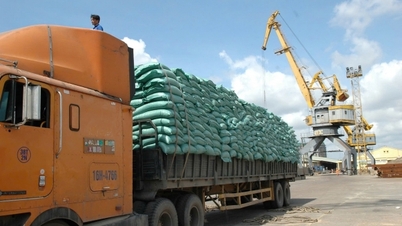

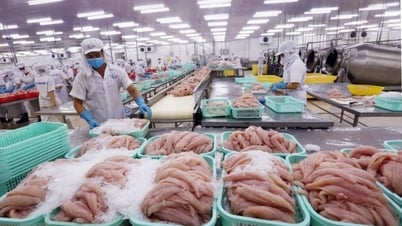






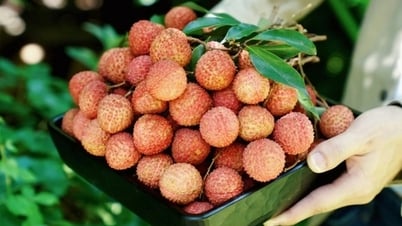





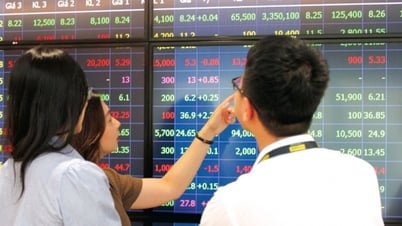

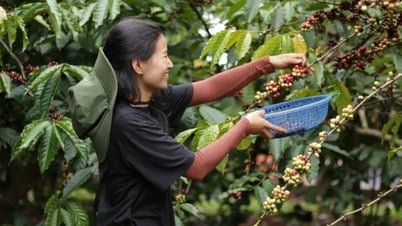
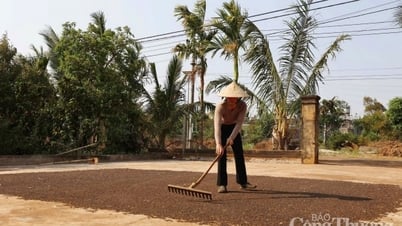






















































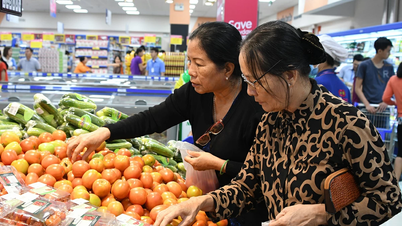
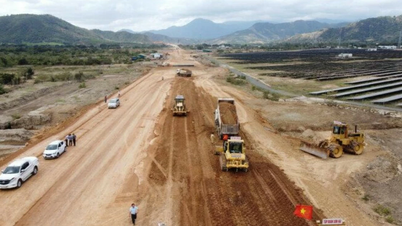











Comment (0)